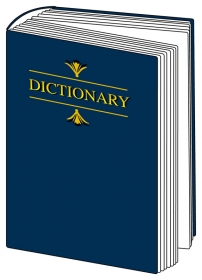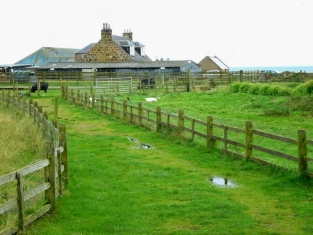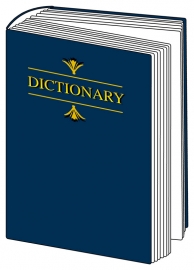Dough, or deer. That’s the Council’s dilemma. Old Susannah muses on an extraordinary response from our elected representatives.
I’m afraid it’s another long introduction this week.
There seems to be a little confusion about what our City Council has been up to lately, so let me leap to its defence as usual, and try to dispel some misunderstandings. Peacocks and Deer seem to be in the firing line – deservedly so of course. Firstly, we had a potential grant to house Peacock Visual Arts in UTG, and Peacock put itself into ACSEF’s hands. ACSEF somehow turned this plan around and the Sir Ian Wood car park/street level UTG scheme was favoured over the Peacock plan.
It seems Sir Ian’s plans then took a chunk of the Peacock money, and the Peacock plan was overtaken by the UTG car park/shops plan. Grant money, hundreds of thousands of pounds of taxpayers’ money, was spent on a splendidly-unbiased consultation persuading us that we need parking more than trees. Obviously, the consultation was ignored for not reaching the desired conclusion.
The City was allegedly told by Scottish Enterprise that the grant money had to be used towards a cunning plan of some sort or other, and as the City wisely didn’t want to rush into anything, it has instead cleverly handed back £1.2 million to COSLA. I might be confused, since Scottish Enterprise had a hand in helping Peacock, had a hand in helping Sir Ian’s scheme, and had a member on ACSEF who would have known all about grant deadlines – or should have known. I’ll work that out eventually. Still, what’s £1.2 million to us anyway? And thus the Peacock was carved up.
At the same time as Aberdeen City Council lost £1.2 million by killing off the Peacock, we were going to keep a £200k grant by killing the deer on Tullos Hill to prevent them eating. I’m sure that’s clear, but just in case it’s not, we are getting £200K to plant trees in a scheme called A Tree for Every Citizen
COUNCILLOR AILEEN MALONE, PLEASE NOTE THIS IS NOT CALLED ‘ALMOST ONE TREE FOR EVERY CITIZEN’.
Alternatives such as planting elsewhere, waiting until fencing could be afforded to separate tree from deer, keeping the deer safe in a fenced area and using plastic to protect the saplings so that the deer couldn’t eat them would be too expensive. We have to keep saving money like we always do, or we wouldn’t have enough money left for consultations and hospitality. It seems like the councillors involved are now passing the buck.
So the deer were going to be shot and killed, or culled if you are of a sensitive disposition and it sounds much better. They’re tame deer, mind, who are sometimes handfed, although the pesky beasts keep breeding and eating, and don’t seem to have taken notice that we’ve encroached on their land.
By killing the deer now, you see, the trees will grow. When the trees are grown, then we have a habitat suitable for squirrels and, er….deer. This sounds like we are keeping a close eye on finances, acting humanely and doing business in an honest fashion.
The P&J is becoming increasingly critical of the Council, a most welcome trend
I was going to tell them where to put their saplings when, all of a sudden, Wednesday’s Evening Express announced that the deer can live. Perhaps the city councillors got a bit squeamish at the thought of killing all those beautiful votes they hope to see next spring?
Whatever the motive was for sparing the deer, it seemed briefly that the City had listened to the people. The moon was blue and lightning struck twice.
I personally was ready to fawn over the councillors.
Well, I should have known better. The current version of the story appeared in the P&J on Thursday morning. Its headline accurately reflected the Council’s current position – animal lovers, stump up £225,000 for fencing or we kill the deer. The P&J is becoming increasingly critical of the Council, a most welcome trend
The Council explained it had no spare money for fencing, and Councillor Aileen Malone helpfully told the P&J that only ‘about one’ person from Aberdeen had written to her protesting against the cull; the rest were from out of town. Obviously, people in different countries have no business being interested in animal rights issues. I hope any interfering ‘outsiders’ who troubled our Ms Malone will write to apologise, acknowledging that animals in Aberdeen are only the concern of Aberdonians. Honestly!
Poor Ms Malone was apparently so shocked to get any e-mail at all that she lost the ability to count. ‘About one’ is the phrase she used to describe the number of e-mails received from Aberdeen people wanting to save the deer. Readers, I will confess that as Old Susannah sent her an e-mail around February 22, including my home address, asking for the cull to be abandoned, I am that solitary person who constitutes the ‘almost one’ person who wrote to her. I like to think of myself as a whole person – but will bow to Ms Malone’s superior grasp of numeracy.
I would ask that if anyone else thinks they wrote to the Council protesting against the cull, they check that they actually did write. If so, tell Ms Malone – and be sure not to bother this busy woman unless you live in Aberdeen!
Anyone who insists on being addressed as ‘Doctor’ who is not a medical doctor runs the risk of looking like a jumped-up, insecure, power-hungry, title-fixated, inflated, self-important nonentity
Finally, I am looking at a report from the Council dated 25 May 2010 which spells out the benefits of the ‘Tree’ scheme.
It will be carried out in such a way as to ‘… value and enjoy our built and natural environment and protect it and enhance it for future generations…’ Obviously not for future generations of animals mind, and if we get rid of the deer, so much more room for us to enjoy the great outdoors.
This proposal also explains how important it is to get the community involved – not to listen to them, just get them involved – and says that Tullos School children can help plant the trees. I personally think it would be much more educational if the children could help kill the deer as well; this would be a great lesson indeed.
And on to this week’s dictionary corner….
Are you feeling well? The following definitions come with a warning that they may cause queasiness in the reader and headaches for the champions of good health and responsibility at Grampian National Health Trust. For the record, my grandmother was a nurse as was her sister, back in the day when wards were spotless, patients were cared for, even listened to, and hospital staff were seen as the most important part of a healthcare delivery service. Yes, that was a very long time ago indeed.
Doctor: (noun) title given to an individual awarded a doctorate by a university; a professional in the healing arts; eg a physician, dentist or veterinarian who holds an advanced degree and is licensed to practise.
The title ‘Doctor’ is applicable to anyone who has successfully obtained a doctoral degree from a recognised, accredited university. The use of the title ‘Doctor’ as in ‘Dr Marcus Welby’ is most often only limited to doctors of medicine, although in universities it may be used to address any holder of a doctorate.
Anyone who, say, donates tons of money or is a wealthy tycoon with a wig, can wind up with an honorary doctorate, but would probably not insist on being addressed as ‘Doctor’. ‘Dr Donald Trump’ for instance, would sound just a wee bit naff. Anyone who insists on being addressed as ‘Doctor’ who is not a medical doctor runs the risk of looking like a jumped-up, insecure, power-hungry, title-fixated, inflated, self-important nonentity. That is why nobody at, say, the Council, and involved in planning for instance, would insist on being referred to as ‘Doctor’. Now let’s look at the health of our medical sector.
Maggots: (noun – plural) type of insect; soft-bodied legless larvae from for instance the fly family
In superstitious medieval times, wounds and illnesses were often treated using leeches and other bloodsucking creatures (but not councillors as far as I know) to suck away excess blood. As it turns out, the use of leeches does have some medical value – they take out dead tissue and possibly promote healing.
This made her ill, made her extremely upset, and had nothing to do with what was actually going on with her health
How extremely far-sighted then, of Grampian NHS to be using maggots. Well, they had maggots in ARI back in 2009. It seems they were found in an operating theatre area or two in the not very clean ventilation system. You might think this shows a scandalous lack of concern for hygiene, but I am sure it was a well-intentioned experiment in healing.
Consent: (verb) To agree to a condition or set of conditions, to affirm assent.
When you go to hospital, if you are not in possession of your mental faculties or cannot speak, then you are unable to give consent when required. Recently, a woman in her 70s found herself having a stroke whilst in the care of Grampian NHS.
What apparently happened was rather than realise that a stroke was the problem, the (dis)orderlies treating her decided that as a tube had come out of her arm, the best thing to do with this conscious, communicating woman was to hold her down. This took three of them and she was apparently bruised, but you know how strong these old women are. As she pleaded against any injection, they gave her an anti-psychotic medication. This made her ill, made her extremely upset, and had nothing to do with what was actually going on with her health.
You can’t expect someone in a hospital to know all the rules of course, and the patient’s wishes should not be as important as what the staff feel they should do. About a year after this charming incident, I read in the news that she was given an apology. I am sure any one of us would have been more than satisfied with that.
Hospital parking: (noun) a place to leave a motor vehicle where the price charged for doing so can be astronomical.
If you can’t afford the taxi fare to a hospital for non-emergency treatment, if you don’t have the hours to spend when you’re ill taking a number 12 bus from the town centre to a hospital – forget it on a weekend – then please arrange to be ill when you have sufficient £££s to spend on hospital parking.
If you have a sick relative – a child or older person perhaps – who is in long-term care, either ask them to chip in for the parking or taxi money, or ask them to be ill after you’ve saved up enough to be able to afford to go to the hospital. Planning ahead makes everything so much easier to afford.
A note on mental health – anyone who is experiencing an episode of depression or suicidal feelings should be treated immediately at an NHS location of their choice. A man died last month – a man who had expressed a need for immediate help, as had members of his family, but he had not gone through the proper channels when thoughts of suicide overtook him and the NHS turned him away. So, members of Grampian NHS Board, who exactly is responsible for this tragedy? Please feel free to explain it to me as I don’t understand it.
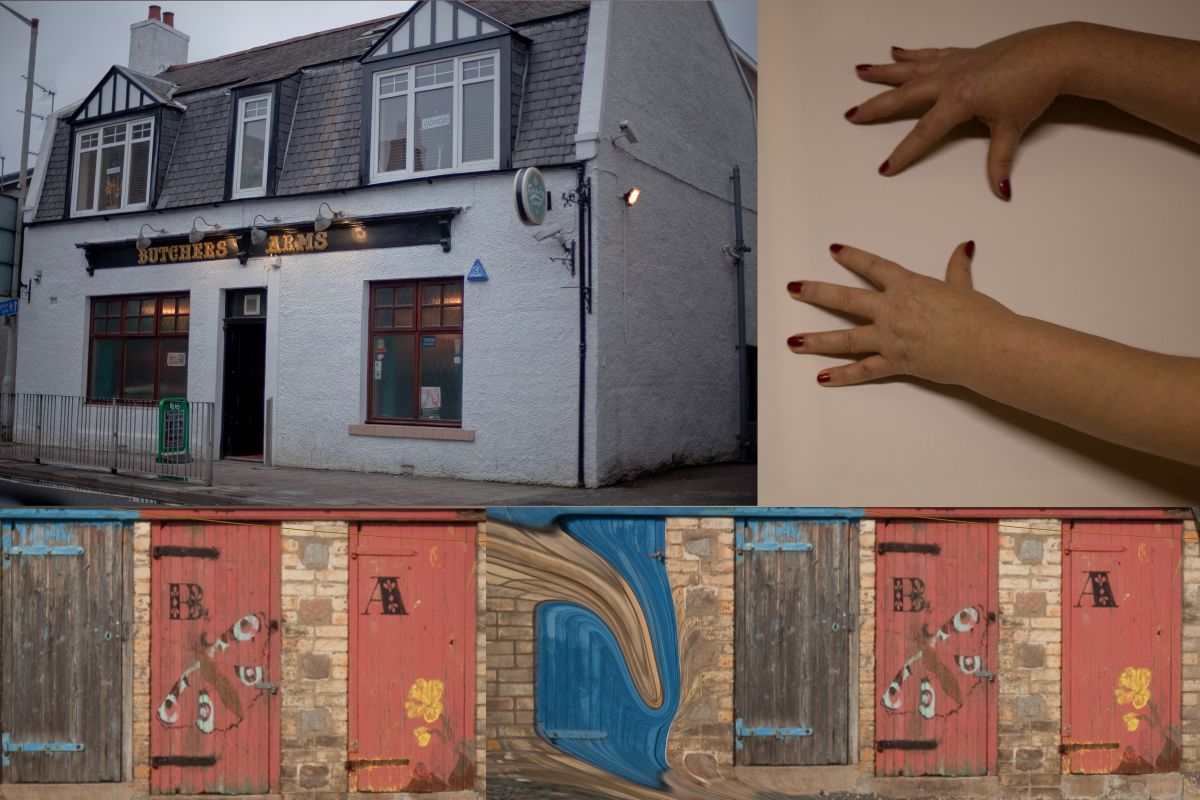 Nephrostomies work reasonably well but are, if truth be told, never particularly good. I mean, who in their right mind wants to wear a bag full of warm urine around their waist in summer. Not that anyone might know of course.
Nephrostomies work reasonably well but are, if truth be told, never particularly good. I mean, who in their right mind wants to wear a bag full of warm urine around their waist in summer. Not that anyone might know of course.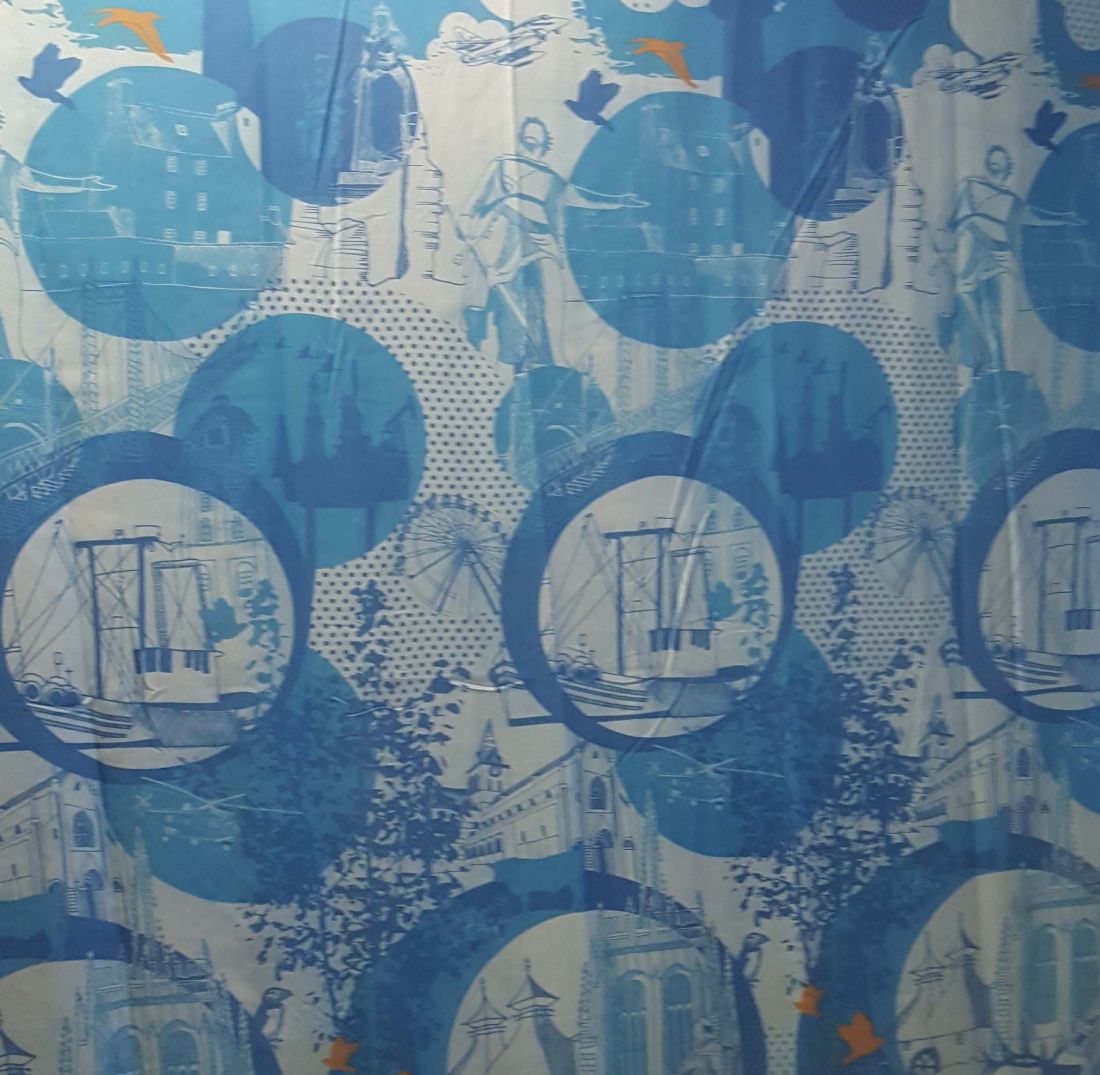

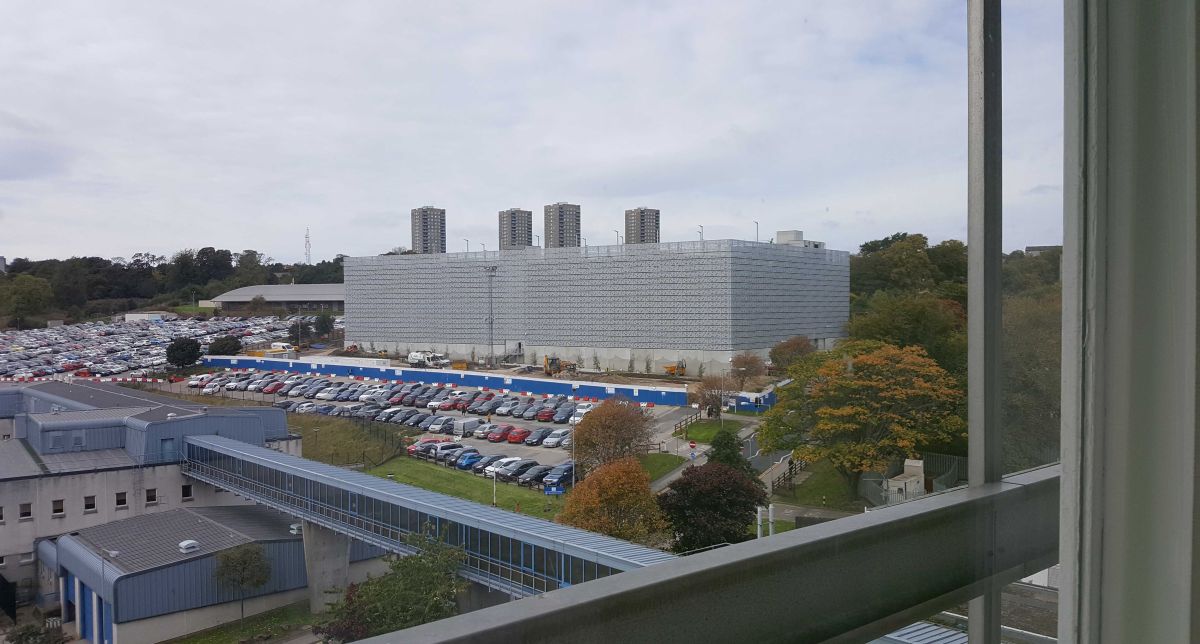
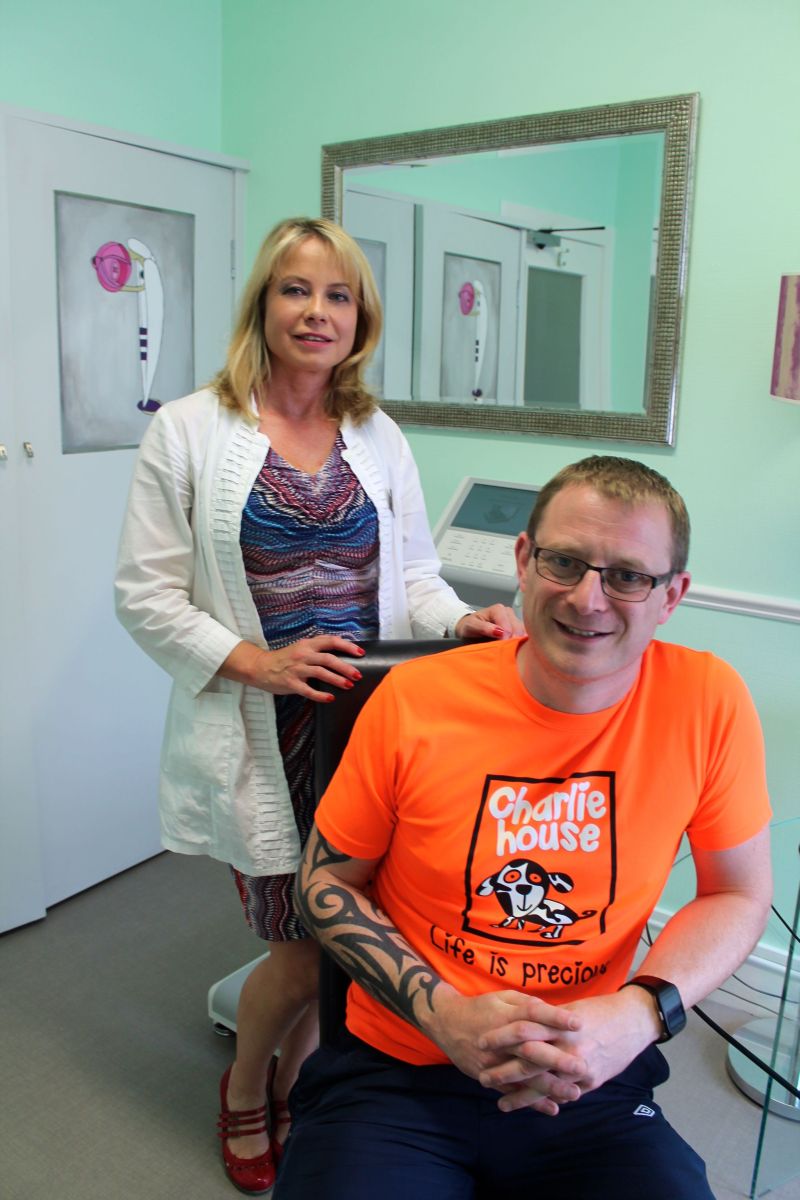
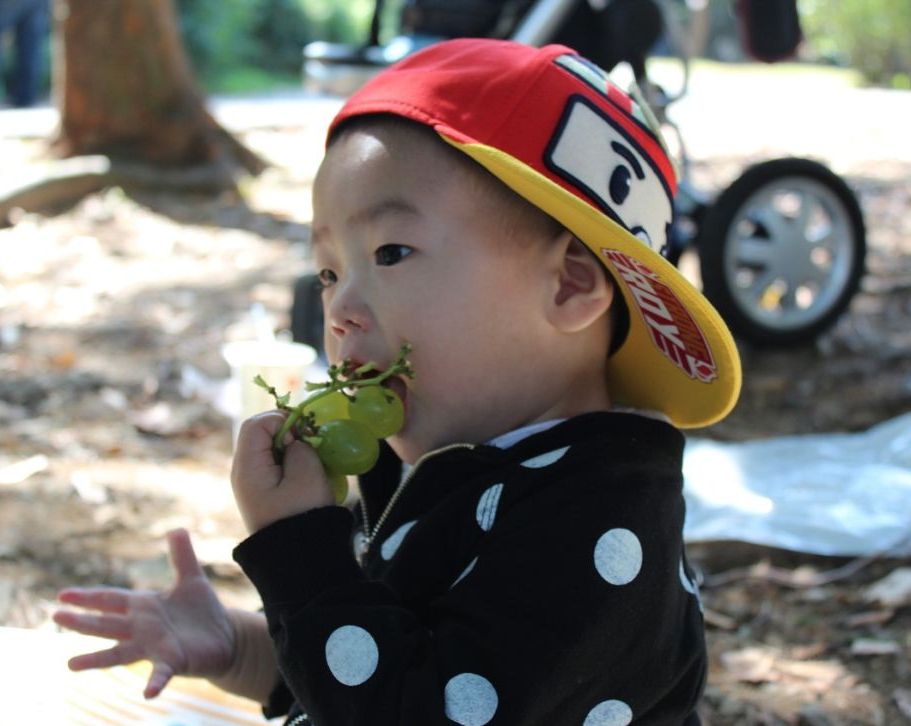 By Anne Foy.
By Anne Foy.